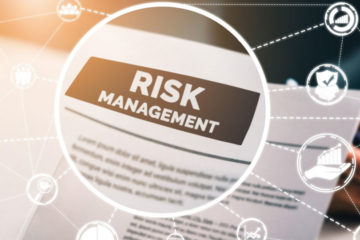Risky Business
By: Geary Sikich
To what extent is it feasible to run a corporate risk management program without purchasing insurance?
One only has to look as far as the next headline to answer this question. From financial crises to energy catastrophes to earthquakes and threats of terrorism, we hear a lot about events that challenge our ability to identify and manage risk. Running a corporate risk management program without insurance is tantamount to playing “Russian Roulette” with an automatic weapon. Even the largest of companies hedge their risk with some type of insurance.
What this means is that risk managers need to be even more vigilant in their prosecution of enterprise risk management initiatives. Private and Public Sector operations are complex and becoming more complex as more entrants to the global marketplace compete for fewer and fewer available resources at an ever quickening pace.
To quote from David Brooks’ article, “Our risk mismanagement,” (New York Times, Sunday, May 30, 2010):
If there is one thing we’ve learned, it is that humans are not great at measuring and responding to risk when placed in situations too complicated to understand.
-
First, people have trouble imagining how small failings can combine to lead to catastrophic disasters.
-
Second, people have a tendency to get acclimated to risk.
-
Third, people have a tendency to place elaborate faith in backup systems and safety devices.
-
Fourth, people have a tendency to match complicated technical systems with complicated governing structures.
-
Fifth, people tend to spread good news and hide bad news.
-
Sixth, people in the same field begin to think alike, whether they are in oversight roles or not.
-
As Malcolm Gladwell wrote in that 1996 essay, ”We have constructed a world in which the potential for high-tech catastrophe is embedded in the fabric of day-to-day life.”
So it seems prudent that risk managers not only focus on mechanical ways to reduce risk exposure, but also more broadly on having the right type of insurance to deal with potentially catastrophic complexity.
Continue reading here: Risky Business









